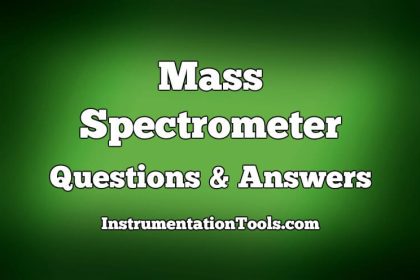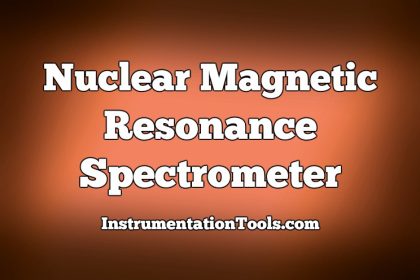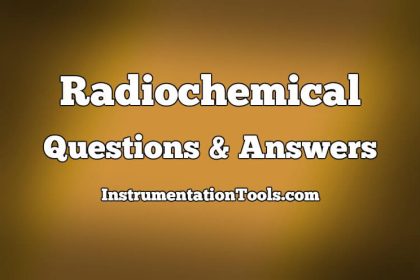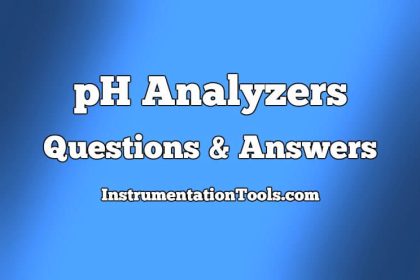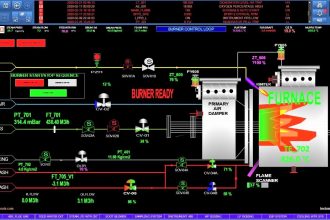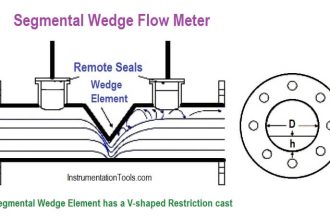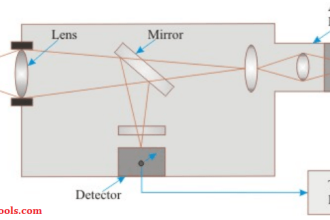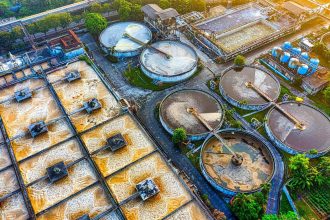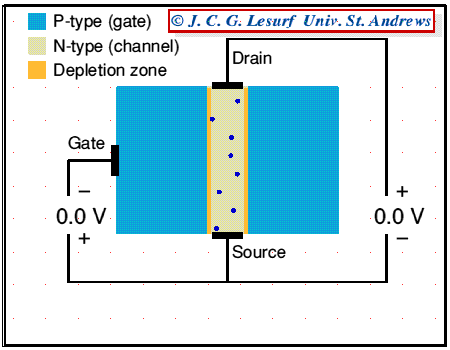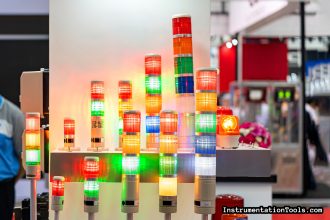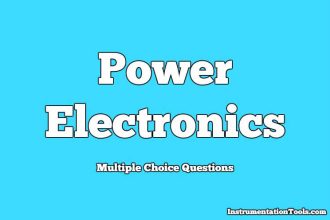Mass Spectrometer Questions & Answers
1. Mass spectrometers are used to determine which of the following?
a) Composition in sample
b) Concentration of elements in sample
c) Relative mass of atoms
d) Properties of sample
Answer: c
Explanation: Mass spectrometers are used to determine the relative mass of atoms and molecules. Aston made the instrument more accurate.
2. Who invented mass spectrometers?
a) J.J Thompson
b) Goldstein
c) Nikola Tesla
d) Aston
Answer: a
Explanation: J.J Thompson introduced mass spectrometers. Aston modified the instrument to make it more accurate.
3. In mass spectrometer, the sample that has to be analysed is bombarded with which of the following?
a) Protons
b) Electrons
c) Neutrons
d) Alpha particles
Answer: b
Explanation: In mass spectrometer, the sample which is to be analysed is bombarded with electrons. As a result, ions are produced.
4. Mass spectrometer separates ions on the basis of which of the following?
a) Mass
b) Charge
c) Molecular weight
d) Mass to charge ratio
Answer: d
Explanation: Mass spectrometer separates ions on the basis of mass to charge ratio. Most of the ions are singly charged. Hence, the mass to charge ratio is equal to the mass.
5. In mass spectrometer, the ions are sorted out in which of the following ways?
a) By accelerating them through electric field
b) By accelerating them through magnetic field
c) By accelerating them through electric and magnetic field
d) By applying a high voltage
Answer: c
Explanation: In mass spectrometer, the ions are sorted out by accelerating them through electric and magnetic field. A record of number of different kinds of ions is called mass spectrum.
6. No two molecules will be fragmented and ionized in exactly the same manner.
a) True
b) False
Answer: a
Explanation: No two molecules will be fragmented and ionized in exactly the same manner. This is how different molecules are identified in a complex mixture.
7. The procedure for mass spectroscopy starts with which of the following processes?
a) The sample is bombarded by electron beam
b) The ions are separated by passing them into electric and magnetic field
c) The sample is converted into gaseous state
d) The ions are detected
Answer: c
Explanation: The procedure for mass spectroscopy starts with converting the sample into gaseous state. This is done by chemical processes.
8. In mass spectrometer, the ion currents are measured using which of the following?
a) Scintillation counter
b) Ion counter
c) Electrometer tube
d) Electric fields
Answer: c
Explanation: The ion currents are measured using sensitive electrometer tube. The ions reaching the collecting plate are measured.
9. Which of the following ions pass through the slit and reach the collecting plate?
a) Negative ions of all masses
b) Positive ions of all masses
c) Negative ions of specific mass
d) Positive ions of specific mass
Answer: d
Explanation: Positive ions of specific mass pass through the slit and reach the collecting plate. These ions are measured.
10. Which of the following statements is not true about mass spectrometry?
a) Impurities of masses different from the one being analysed interferes with the result
b) It has great sensitivity
c) It is suitable for data storage
d) It is suitable for library retrival
Answer: a
Explanation: Impurities of masses different from the one being analysed does not interfere with the result in mass spectroscopy. This is a major advantage of this technique.
11. In mass spectrometer, the sample gas is introduced into the highly evacuated spectrometer tube and it is ionised by electron beam.
a) True
b) False
Answer: a
Explanation: The sample gas is introduced into the highly evacuated spectrometer tube and it is ionised by electron beam. The sample has to be in gaseous state.
